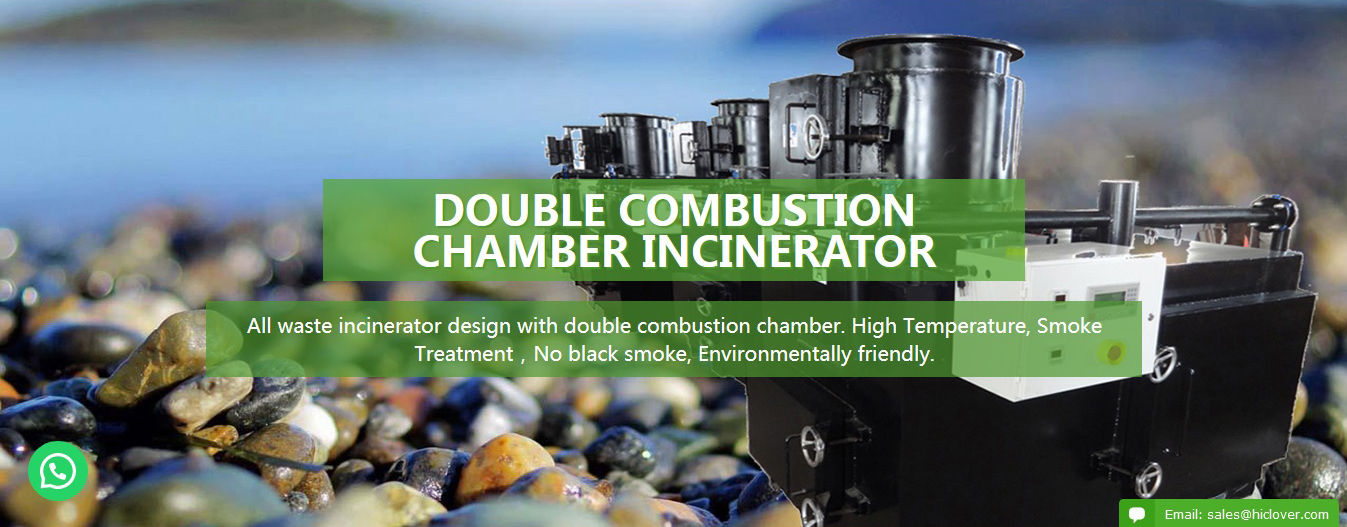Medical waste incineration is a crucial aspect of healthcare management in South Africa. Medical incinerators not only provide an essential service for the safe disposal of medical waste but also offer significant economic and environmental benefits for the country.
One of the primary economic benefits of medical incinerators is the cost-effectiveness of waste disposal. Medical waste, which includes items such as syringes, gloves, and other biohazard materials, must be disposed of in a safe and efficient manner to prevent the spread of infections and diseases. Incineration is a cost-effective method for managing this waste, as it eliminates the need for costly transportation and storage of medical waste. Additionally, medical incinerators can help healthcare facilities save money on waste management, as they reduce the reliance on external waste disposal services.
Moreover, the use of medical incinerators can create job opportunities in South Africa. By investing in and operating medical incinerators, healthcare facilities can generate employment for local communities. This not only contributes to the economic growth of the country but also aids in the development of skills and expertise in waste management.
In addition to the economic benefits, medical incineration also offers significant environmental advantages. Medical waste contains hazardous materials that can pose a threat to public health and the environment if not properly disposed of. Incineration effectively destroys pathogens and reduces the volume of waste, thereby minimizing the risk of contamination and pollution.
Medical incineration also plays a vital role in reducing greenhouse gas emissions. By using advanced incineration technology, healthcare facilities can ensure that medical waste is disposed of in an environmentally friendly manner. Incinerators equipped with emission control systems can mitigate the release of harmful pollutants into the atmosphere, thus protecting the air quality and reducing the impact of healthcare waste on the environment.
Furthermore, medical incinerators can contribute to the generation of renewable energy. The heat produced during the incineration process can be harnessed to produce electricity and heat, offering a sustainable energy source for healthcare facilities. This not only reduces the reliance on non-renewable energy sources but also helps to mitigate the environmental impact of medical waste incineration.
In conclusion, medical incinerators in South Africa offer numerous economic and environmental benefits. By investing in advanced incineration technology and adhering to stringent regulations, healthcare facilities can effectively manage medical waste while contributing to the country’s economic development and environmental sustainability. It is crucial for South Africa to prioritize the safe and efficient disposal of medical waste through the use of medical incinerators, as it not only protects public health but also supports the country’s economic and environmental goals.



